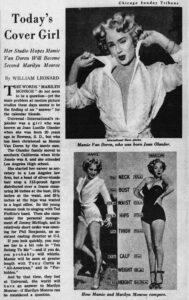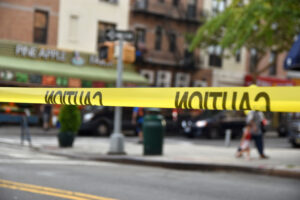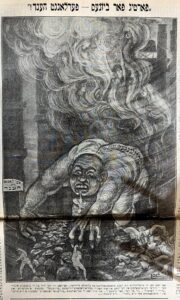The eastern extension to London’s Central Line was under construction in the 1930s, but was incomplete when World War II began in 1939. However, many of the new Underground line’s deep tunnels had been finished and these proved useful when Hitler’s bombers started to pound the city. Some housed factories, others were used as shelters – a safe if uncomfortable refuge for the population during air raids. One such was Bethnal Green station, which had seen almost constant use during the Blitz of 1940 and 1941.
But by 1943 the tide was turning against Goering’s Luftwaffe. Raids on London were infrequent, usually occurring only as retaliation after the RAF bombed German cities. And so it was on March 3, following a heavy attack on Berlin. At 20.17 that evening Civil Defence sirens sounded in the East End and the people of Bethnal Green followed a well-established routine. They hurried to their station and filed into the dimly lit underground booking area, heading for narrow stairs that led to the platform where they could find refuge from the imminent raid.
What they didn’t know was that a secret type of anti-aircraft rocket was about to be launched in nearby Victoria Park, with unexpected and horrifying consequences. At 22.27 a 60-rocket salvo was fired. The loud roar was a new and frightening sound, terrifying those at the station and causing the crowd to surge towards the first 19-step staircase that led to safety. Narrow stairs and hysterical people are a familiar ingredient of tragedy, and so it proved. A woman at the front tripped and fell, starting a chain reaction. Within seconds over 300 people were forced into the constricted stairwell by the pressure of those pushing from above. The result was devastating, as over 170 died of asphyxia and crush injuries.
When: 1943
Where: London, UK
Death toll: 173 (172 at the scene; one subsequently died in hospital), including 70 children.
You should know: The Bethnal Green disaster was Britain’s largest toss of civilian life in a single incident during world war II, eclipsing the 68 casualties inflicted by one bomb in Baiham, South London.






















